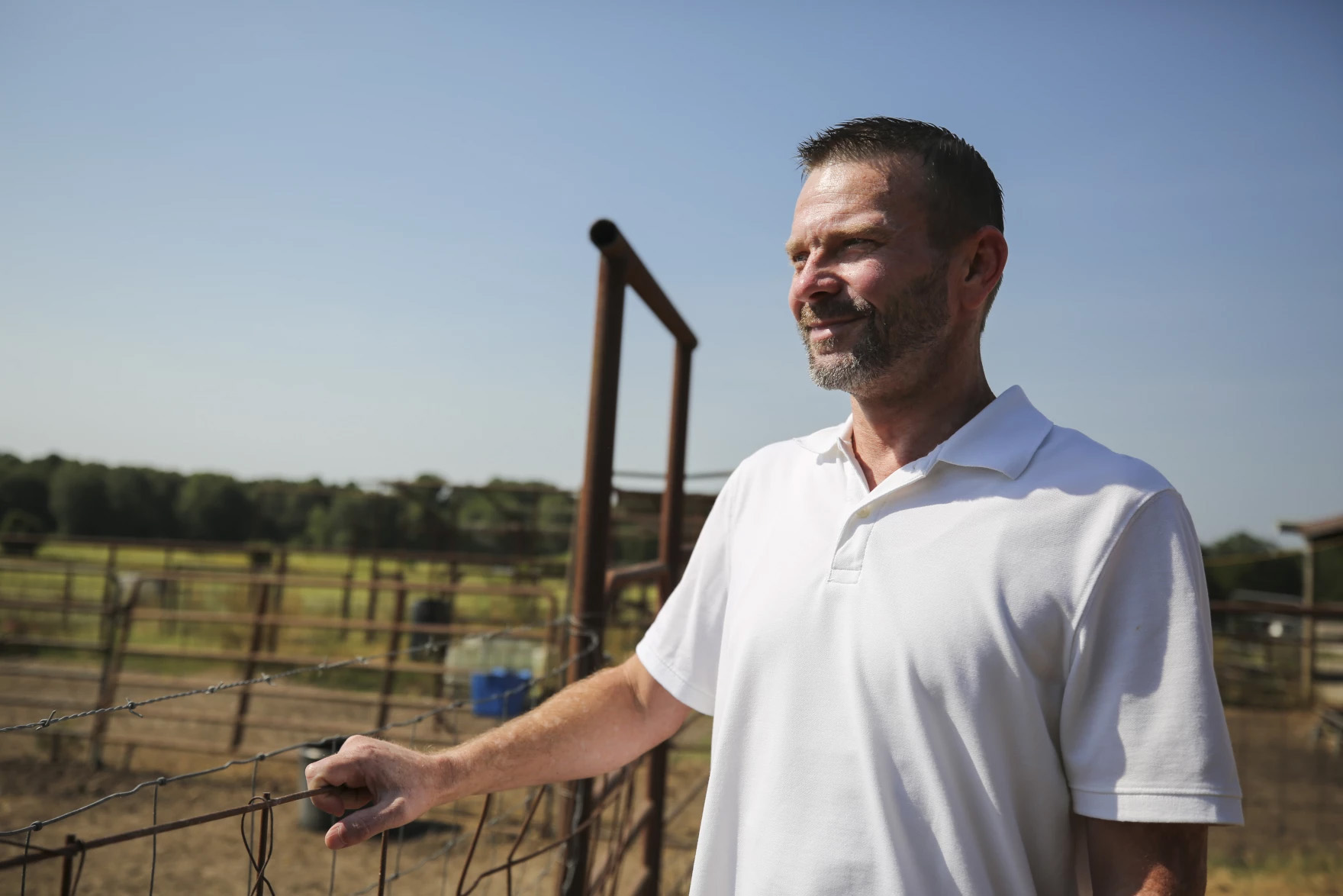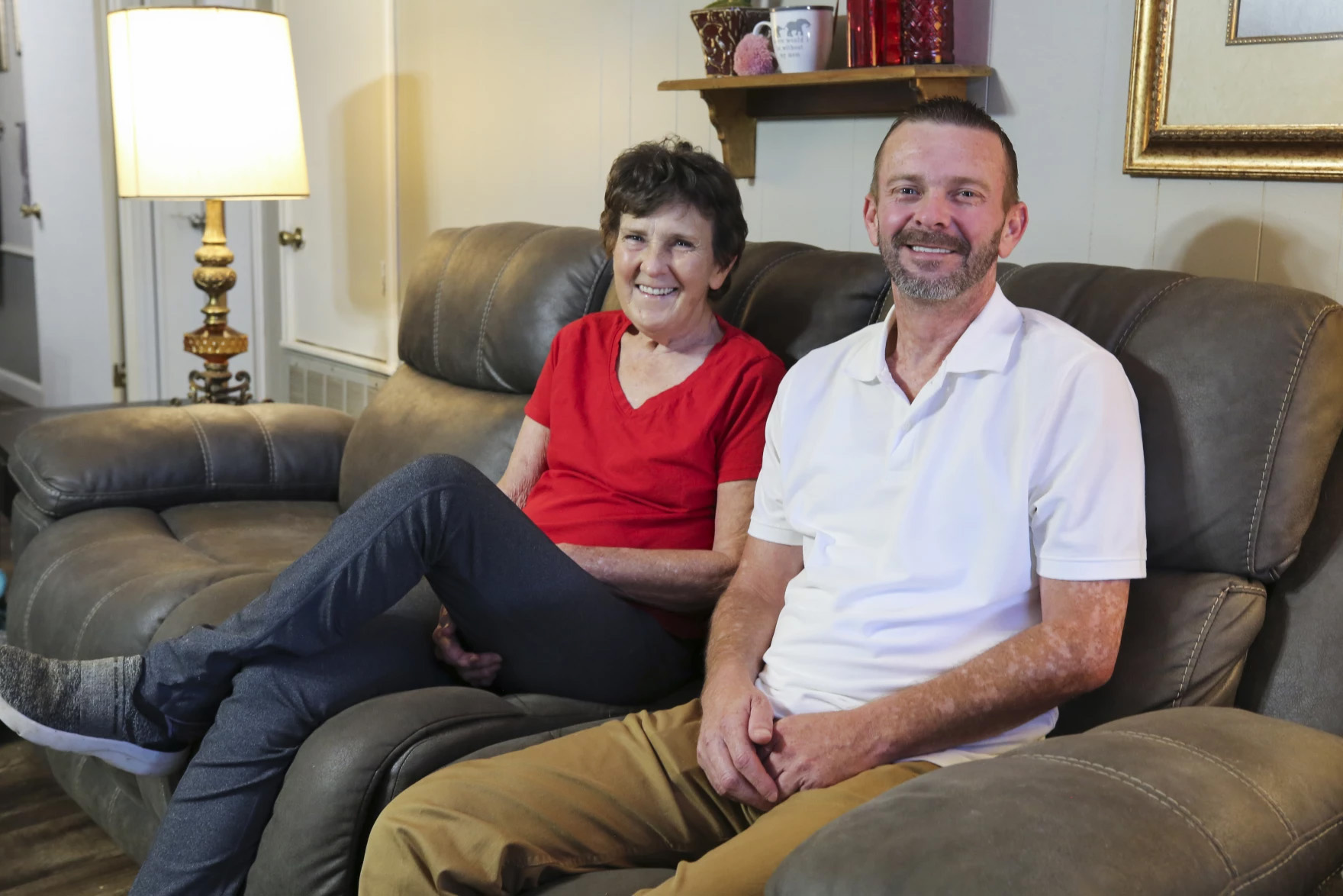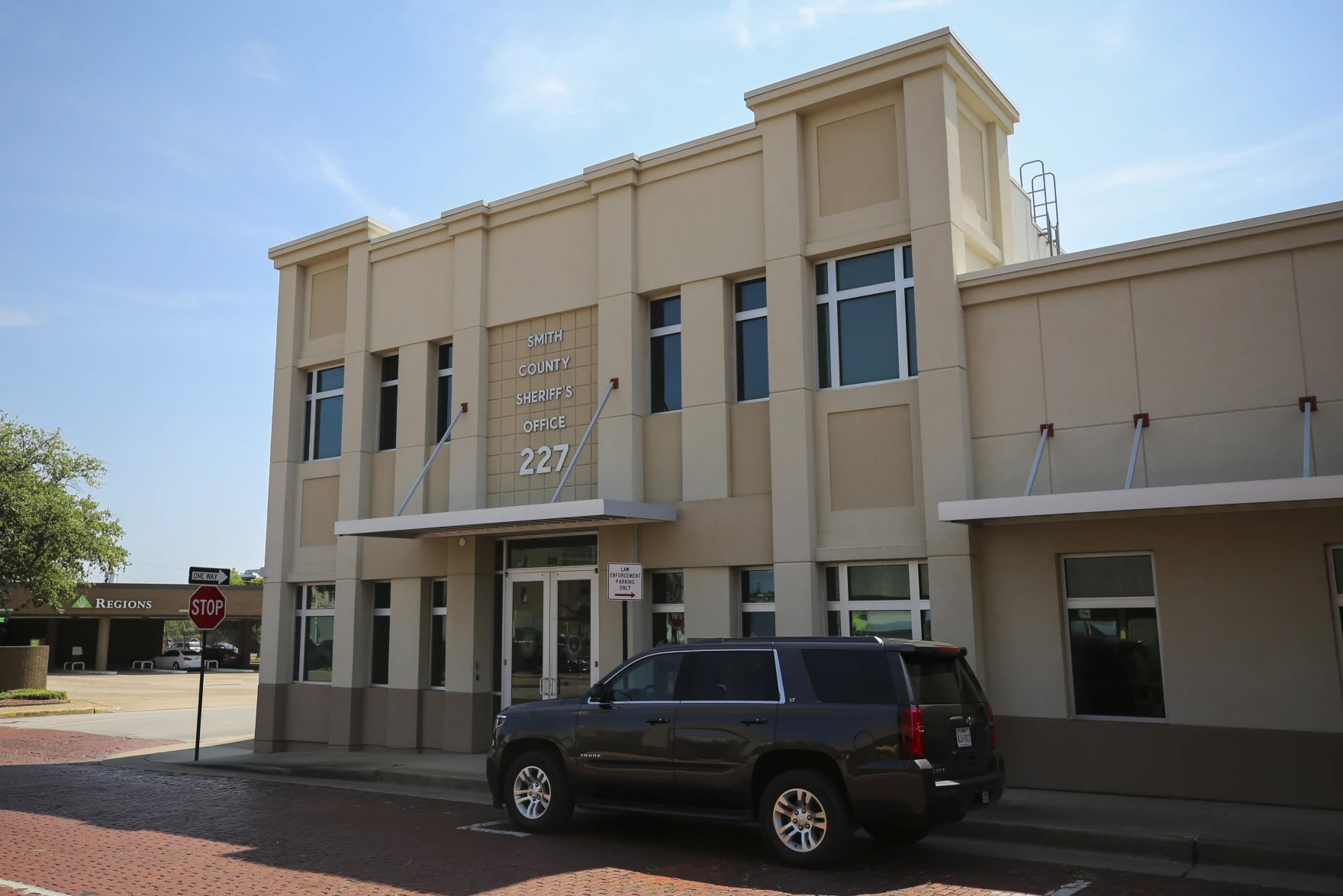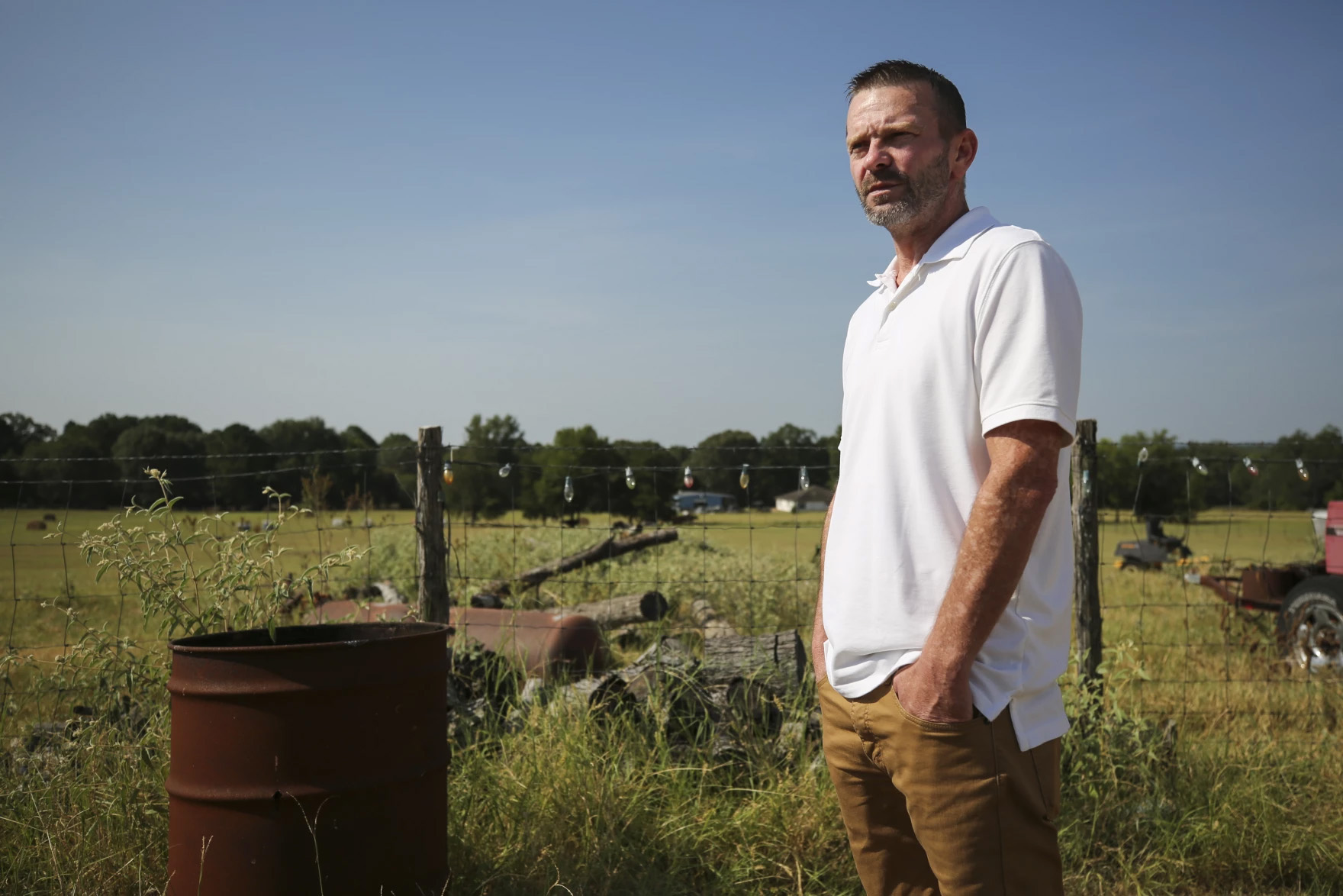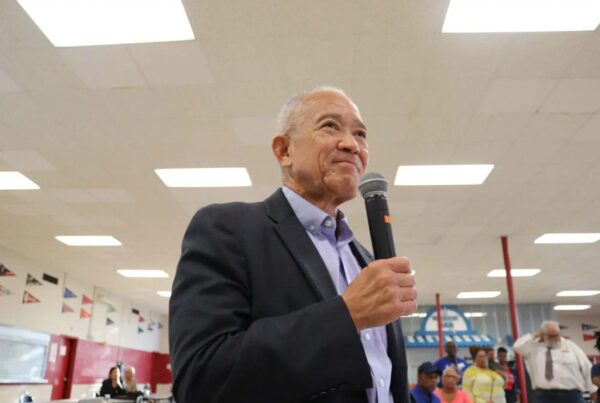From KERA News:
As the East Texas hay season stretched into July, Lisa Stone and her husband needed the help of their son Jason on the family farm. Jason, however, was finishing a drug-related sentence in the Smith County Jail in Tyler, southeast of Dallas.
“I had just fallen and hurt my knee and I could just barely walk. And I was thinking, ‘well, Jason’ll be home and he can help me,’” Lisa recalled. “And then he didn’t get to come home. And that upset me pretty bad.”
Both he and Lisa had been trying to nail down his release date. According to their calculations, it should have been July 1, but that day came and went.
Lisa called Texas state agencies – as well as Smith County offices – to get a firm date of release and to move Jason’s paperwork along. She found the lack of information frustrating.
The Stone’s struggles in Smith County echo that of three other inmates who recently filed a lawsuit against the county – as well as similar complaints across Texas. The plaintiffs in the suit claim they were held for 8, 27, and 33 days past the conclusion of their sentences.
“You’re not offering to try to find out any of this information,” she said of the county staff. “You’re just sitting there holding him, and if somebody doesn’t say anything, who knows how long he would stay in there.”
Lisa and Jason both told KERA they were continually put off or referred elsewhere in their search for information, a search that went on for weeks.
“I just kind of sat there, thinking in my mind ‘How can this even be right?’ and ‘Why is nobody even trying to do anything?’” Jason said.
Suddenly, jail staff told him to pack his stuff to go home. It was July 7.
“What happened, we don’t know,” Lisa said.


